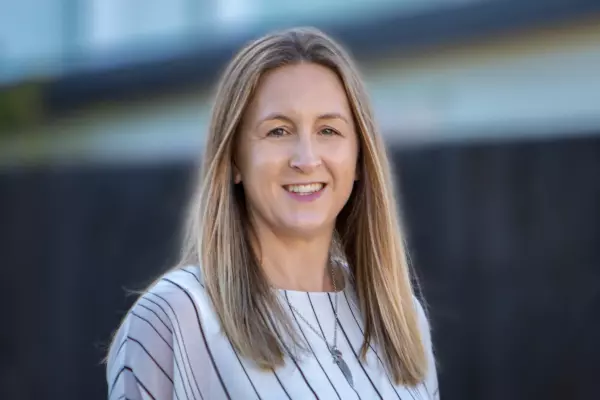BusinessDesk investments editor Frances Cook responds to emails from readers on a weekly basis to answer questions about money. Below you will find her expert advice. Send your own questions to [email protected].
Hi,
I have read your book, which has given me some real direction with my finances. I’ve set some goals and have started to buy shares using Sharesies, which is a first for me.
I am currently purchasing a section at the beach after selling my home. I have a pre-approval from the bank but am wondering if I should stop putting money into shares until I’ve got the mortgage.
What I’m wondering is: do the banks see having money in shares as a form of savings or do they view it as a potential liability?
Love your posts and the inspirational hints that you share.
Kind regards,
D
Hi, D,
That’s all fantastic to hear. I’m glad you’ve set some goals and started investing. A section at the beach sounds delightful.
Keeping all of this positive, I have good news for you. We’ve recently had a law change that means the bank should be fine with your shares investing.
You might have seen some news coverage of the Credit Contracts and Consumer Finance Act (CCCFA). It made it quite difficult to get a mortgage for a while because the banks had to use stricter criteria for approving mortgage requests.
One of the problems was that savings and investments were seen as an “expense”, and it was assumed you would keep that “expense” exactly the same once you moved into the new place. So if you were applying for a mortgage, that meant high weekly repayments. There was no room for the bank to take a common-sense approach that you would probably reduce your savings and investments in order to pay back your mortgage.
The new rules
Since July 7, that has all changed. The government put through some amendments to the CCCFA, and lenders can now treat your savings and investments as the good financial habits that they are, rather than as an expense.
Your existing share investments should also count in your favour when the bank tallies up your assets. For those who are unfamiliar with the system, when you go in to discuss the mortgage, you will usually be asked about all of your existing assets and liabilities.
In the assets pile are valuable things you own, such as shares, any other property, and a car. In the liabilities pile are credit cards, car loans, and other forms of debt.
Your shares go in the assets pile and are a green tick on your application.
Now, ok, the values are probably up, down and sideways in the current market, which is all part of the fun of investing.
But that shouldn’t worry the bank, because those shares aren’t being used as security against your house. That means they can simply take the value of the shares on the day you have the meeting, note that you’re building assets, and move on.
I double-checked that this was still the case with Rupert Gough, CEO of Mortgage Lab. Here’s what he had to say about it:
“Money being put towards shares has been, and will always be, viewed as a good financial habit. The problem with CCCFA was that it then became a fixed expense that had to be forecast going forward which is, of course, ridiculous as you can stop buying shares at any point.
"With the CCCFA, the banks can now acknowledge that you have shown good savings habits in the past but could now put that money to other uses like paying down your mortgage.
“As the shares aren't part of the security of a mortgage, the volatility of them doesn't really enter the equation. They are an asset that is a good thing to have but the future price of them doesn't affect the mortgage.
"In other words, the highly volatile markets won't affect your ability to get a mortgage.”
All of which I hope you find reassuring! Enjoy the beach life, and the great financial habits you’re building.
Get more money info when you listen to Frances Cook's Cooking the Books podcast here:
Send questions to [email protected] if you want to be featured in the column. Emails should be about 200 words, and we won't publish your name. Unfortunately, Frances is not able to respond to every email received, or offer individual financial advice.
Information in this column is general in nature, and should not be taken as individual financial advice. Frances Cook and BusinessDesk are not responsible for any loss a reader may suffer.














